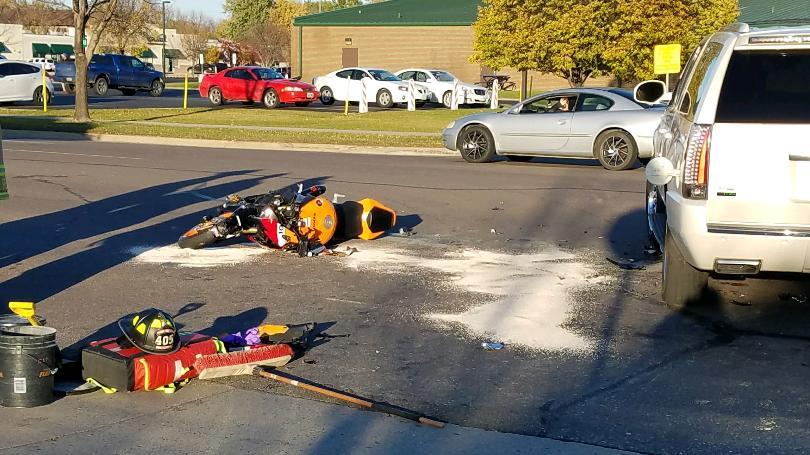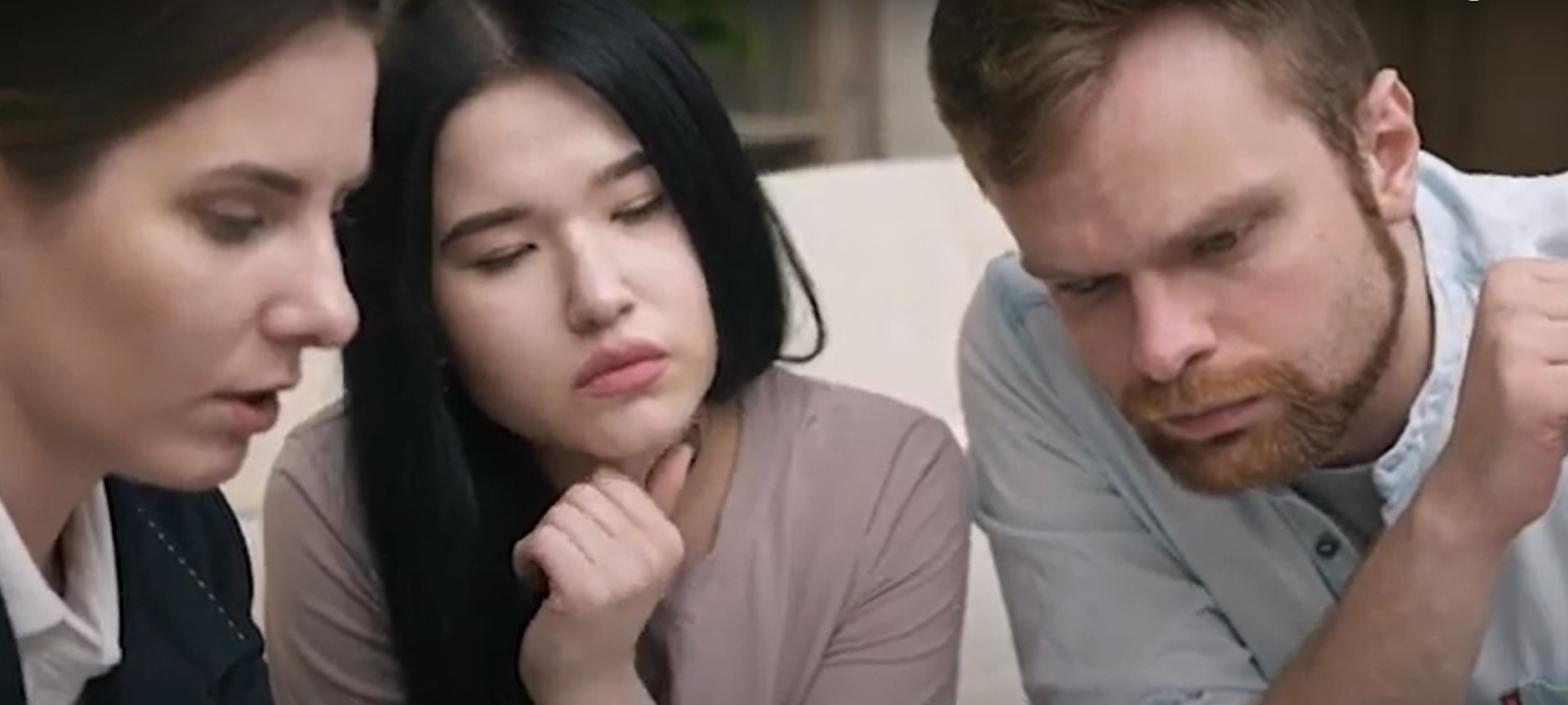The first question is, who says you’re at fault? Is it the police? Is it the other party? Is it the witnesses or the insurance company? It makes a difference.
Figure Out the Facts
So we look at the physical evidence. Where’s the damage to the car? Where did the vehicles end up after the accident? What are the traffic devices like nearby? We’re going to figure out logically what we’re going to be able to show in your case.
For a free legal consultation,
call 1-800-414-5196
Independent and Independent Witnesses
There are two different kinds of witnesses. There are independent and dependent witnesses.
So let’s start with a dependent witness. That’s somebody that has a relation to the accident. The two most dependent witnesses are you and the other person. But there are cousins, victims’ wives, and other family members that may have seen it.
If you know the witness, that’s a dependent witness. Otherwise, they’re independent witnesses.
I want to be able to talk to the witness and find out. What did they actually see? Sometimes people say they’re witnesses, but they didn’t actually see what happened, or they only saw what happened before or after.
It’s very important to assess whether a witness is actually a witness.
Secondly, what did the witness say happened, and is that reasonable?
So often, I’ll have a witness, for instance, say, “I saw you driving very fast,” and my question is, first of all, how did you see it? Where were you, and what were you doing?
But more importantly, how do you know what fast is and how fast is fast? So it is very important that we decide what’s the reasonableness of the opinion of the witnesses.
Varying Laws Relating to Fault
The last thing I think is really important to understand is the varying laws about the fault. There are 50 different states, and there are three different types of laws that they have.
One is contributory negligence. The next is comparative negligence, and the third is modified comparative negligence.
Contributory Negligence or 1% Fault Rule
Let’s get into it. Contributory negligence, I call that the 1% rule, and what that means is if you happen to be in the five states that use contributory negligence as their law, if you are even 1% responsible for the accident, there’s no recovery at all.
You cannot have a case. They’re very difficult to bring personal injury cases in those. It has to be usually hit from the back, or there’s no case, but I’d still like to talk about it.
Comparative Negligence or 99% Fault Rule
Comparative negligence is just the opposite. Even if you are 99% at fault for this accident, you could still bring a case.
You will have your financial recovery reduced by the amount you’re at fault, but you could still bring a case. And in circumstances where people are very hurt, even getting a 1% recovery is still a lot of money. So it’s well worth discussing with a lawyer.
Modified Comparative Negligence or 51% Fault Rule
That’s just like the 99% one I discussed, but it’s what we call the 51% rule.
So if you’re 51% at fault, there’s no case. However, if you’re 49% at fault, you can bring a case. And again, it’ll be deducted by your amount at fault, but so it’s very important to know if you have a case, even if you’re partially at fault, to talk to a lawyer and know what is the law in your state.
Click to contact our personal injury lawyers today
Conclusion
It’s like a Rubik’s cube. There are many factors involved, but what you feel is important here. If you feel you’re at fault, or you feel you’re not at fault, or you feel you’re partially at fault, it’s well worth discussing.
Call or text 1-800-414-5196 or complete a Free Case Evaluation form


